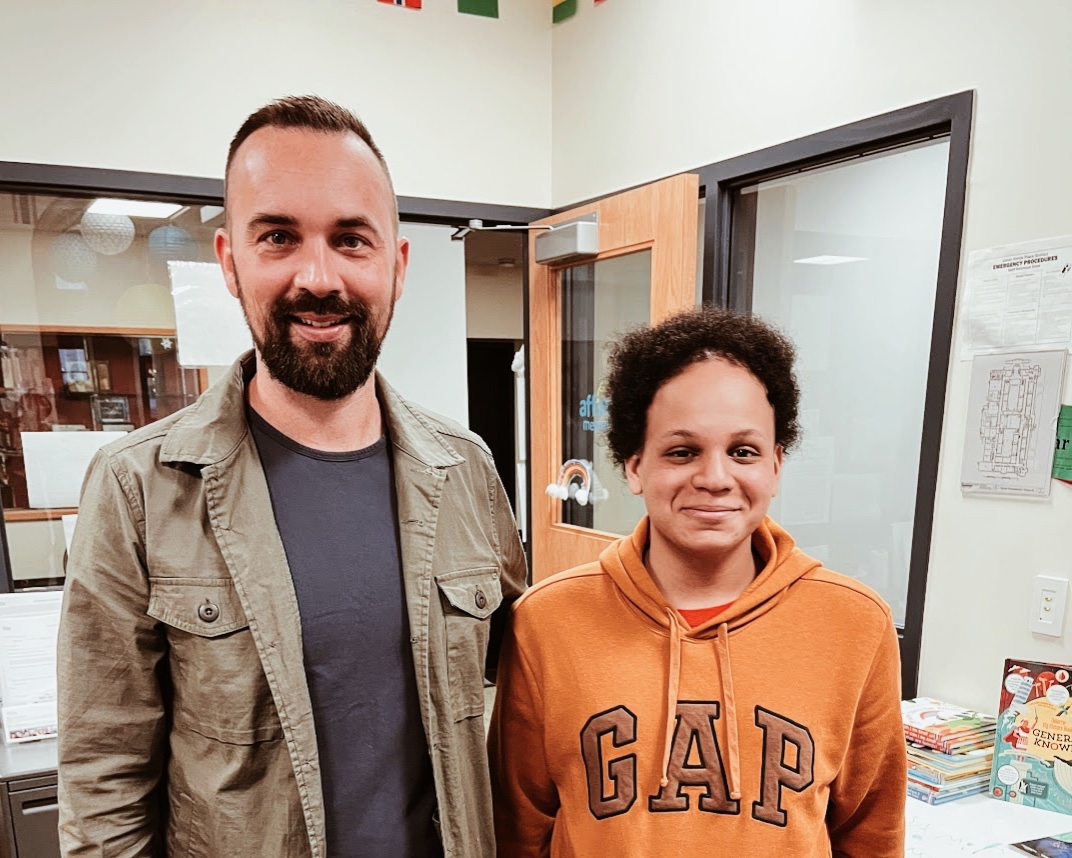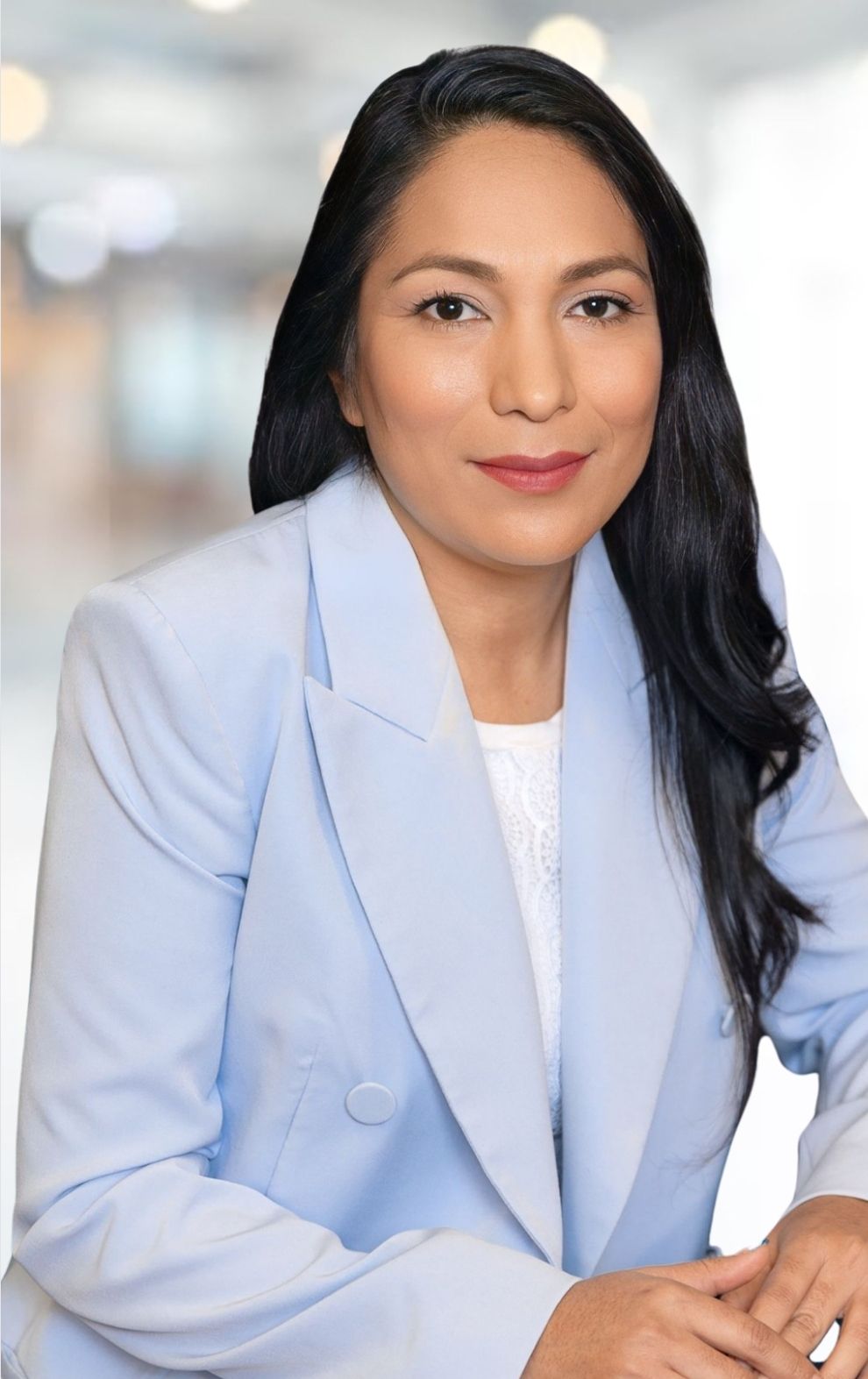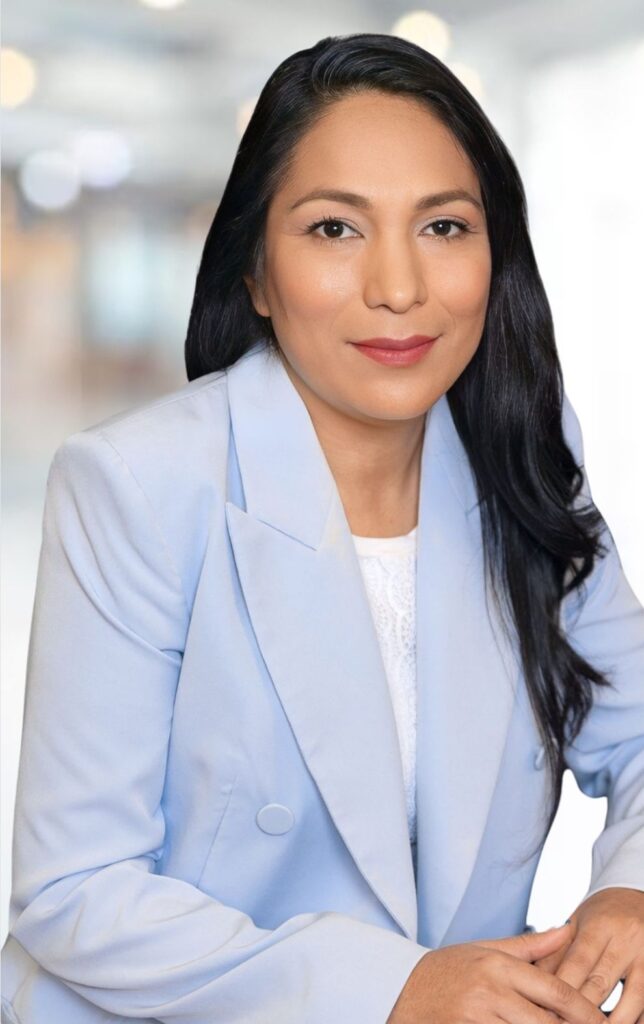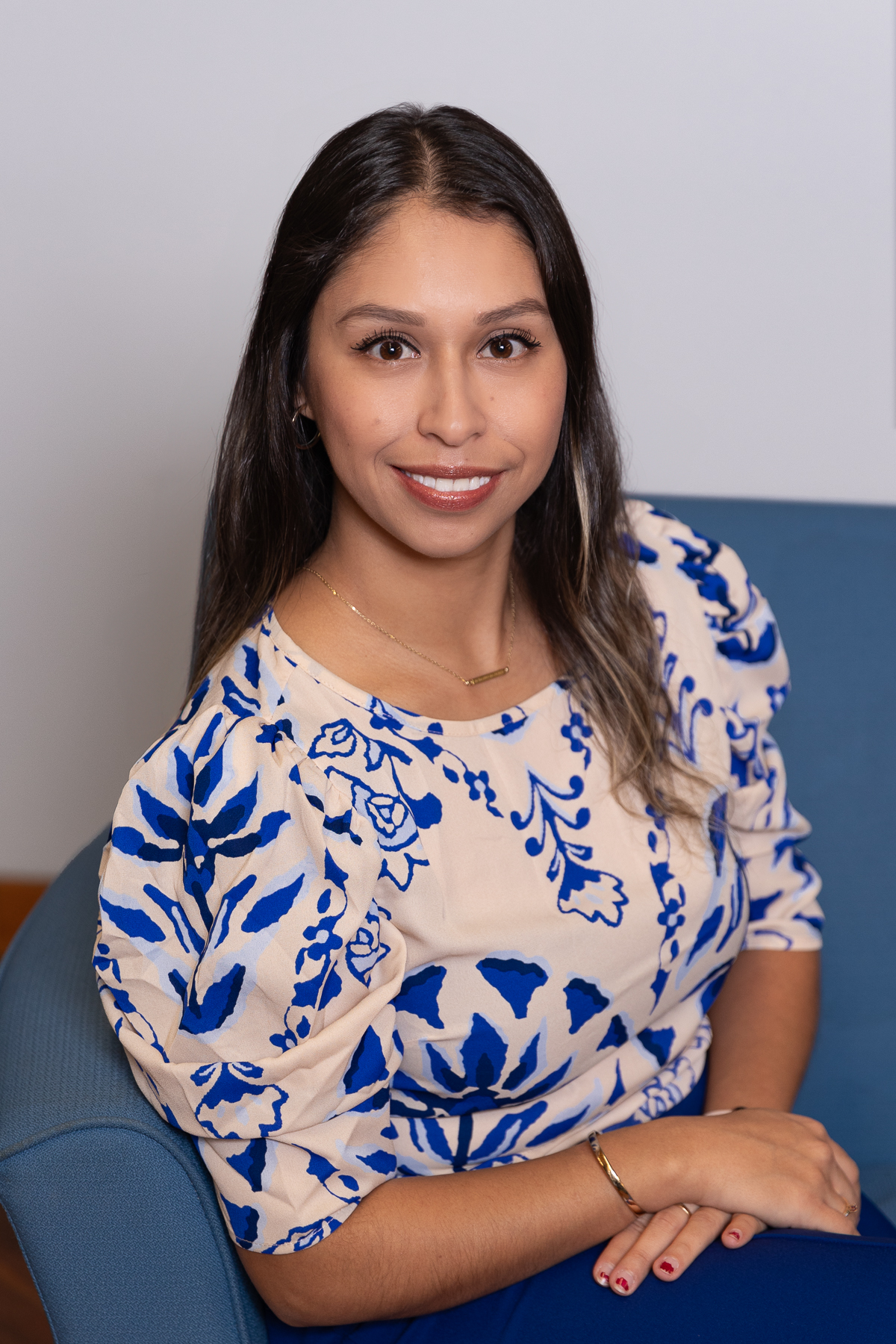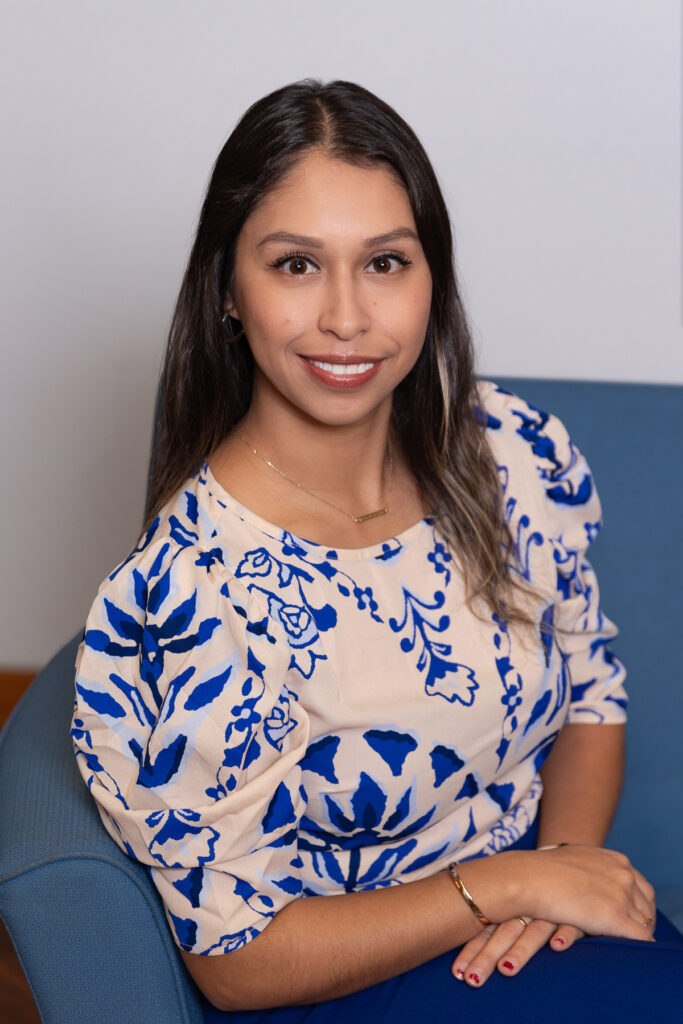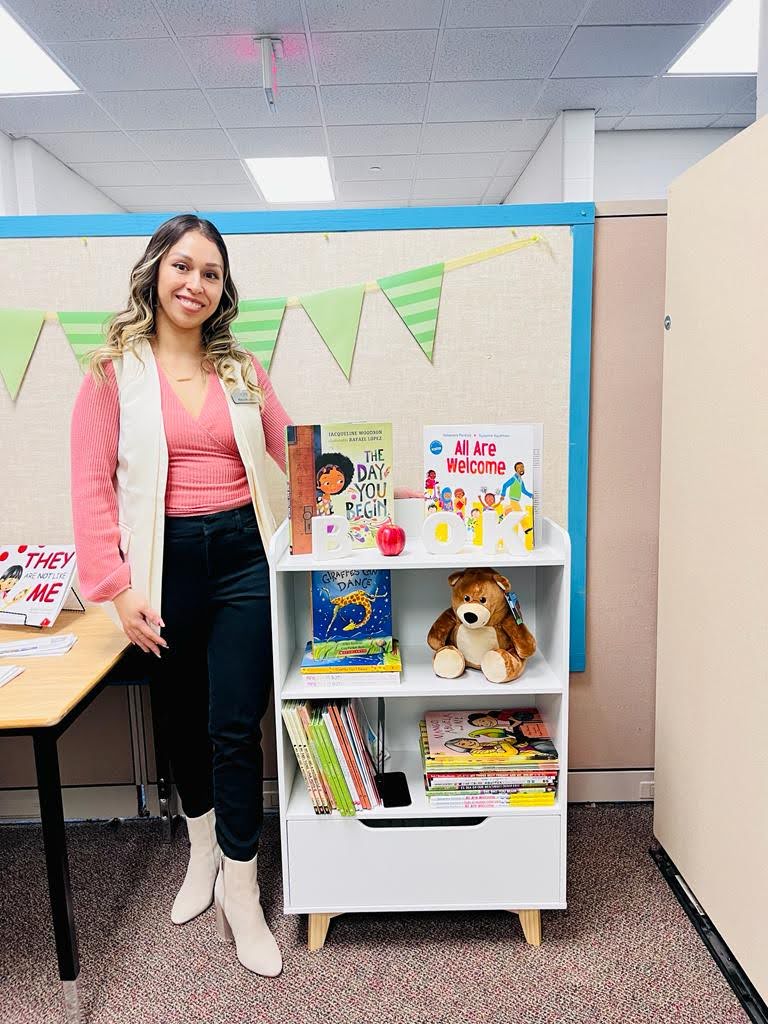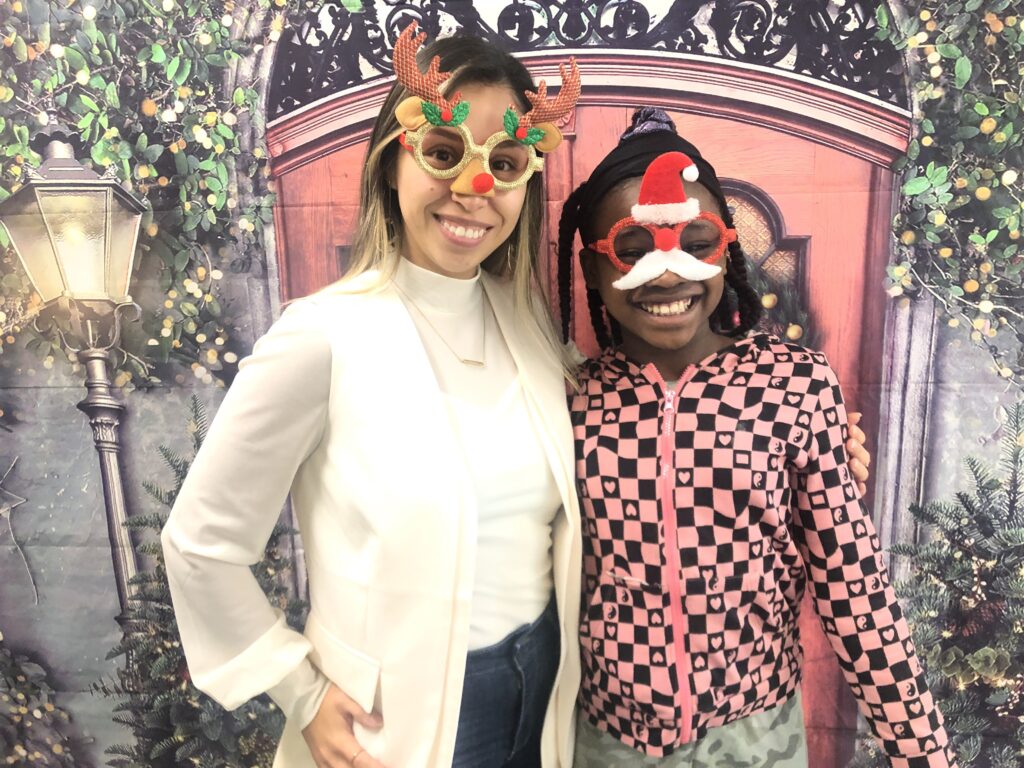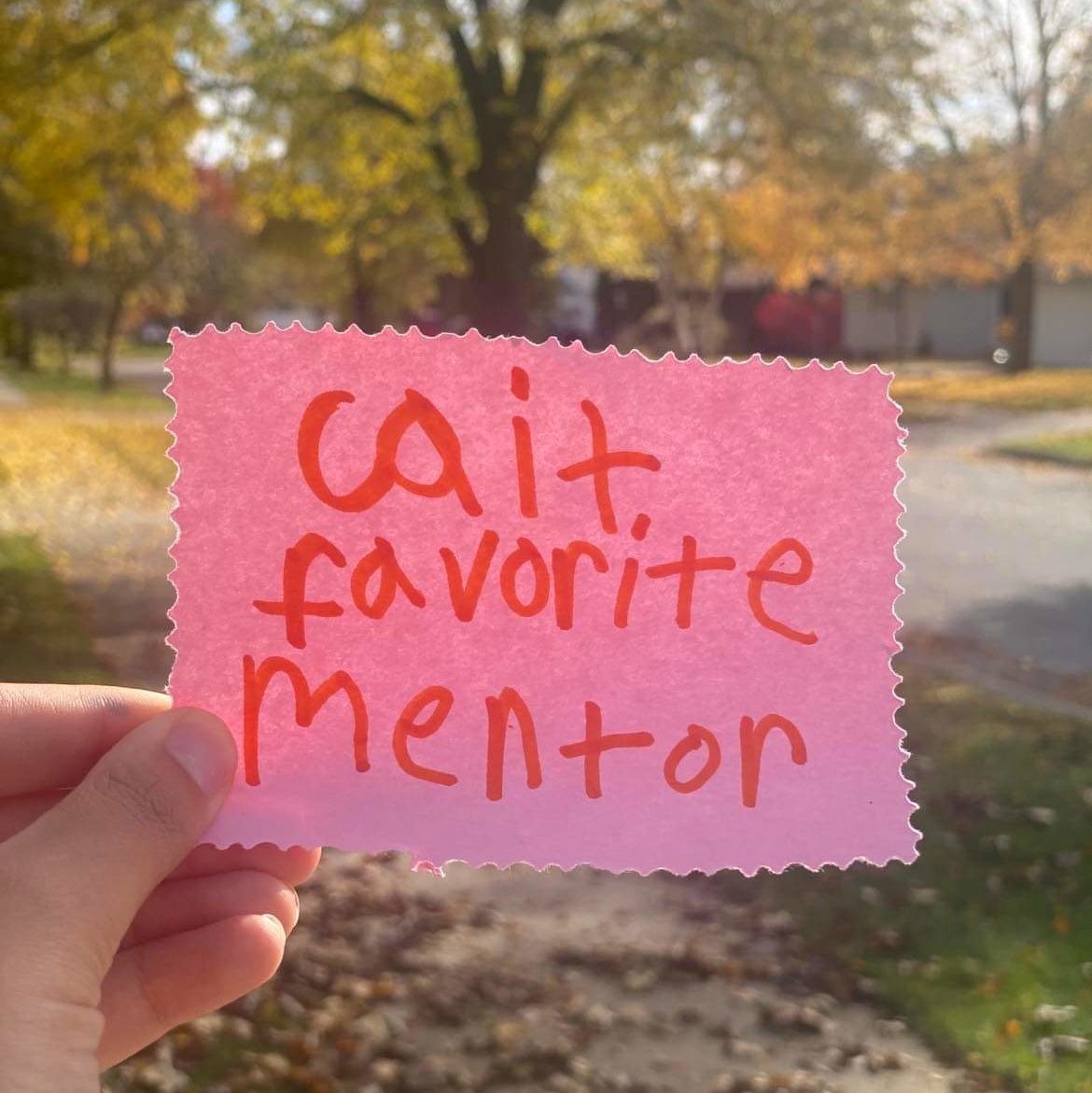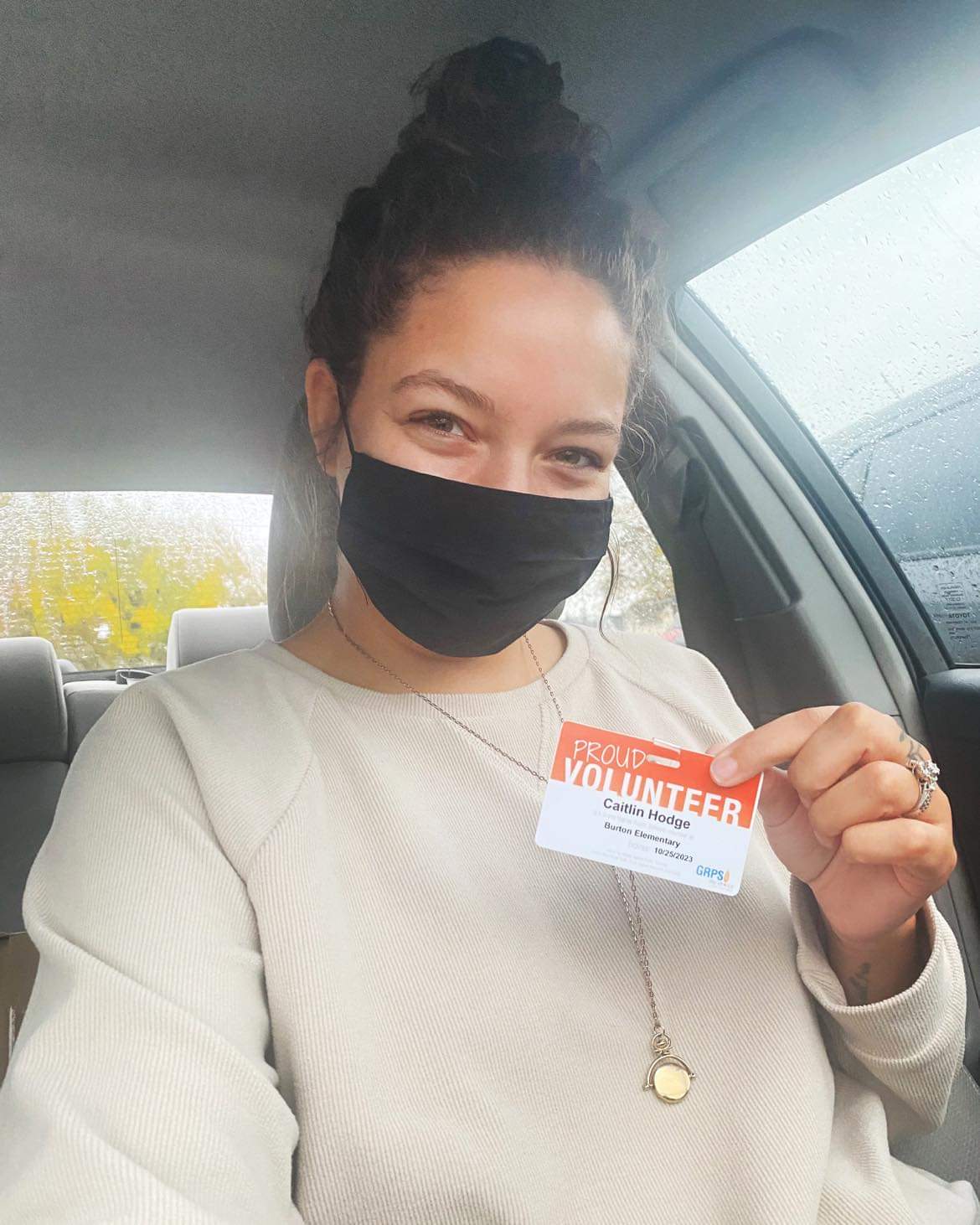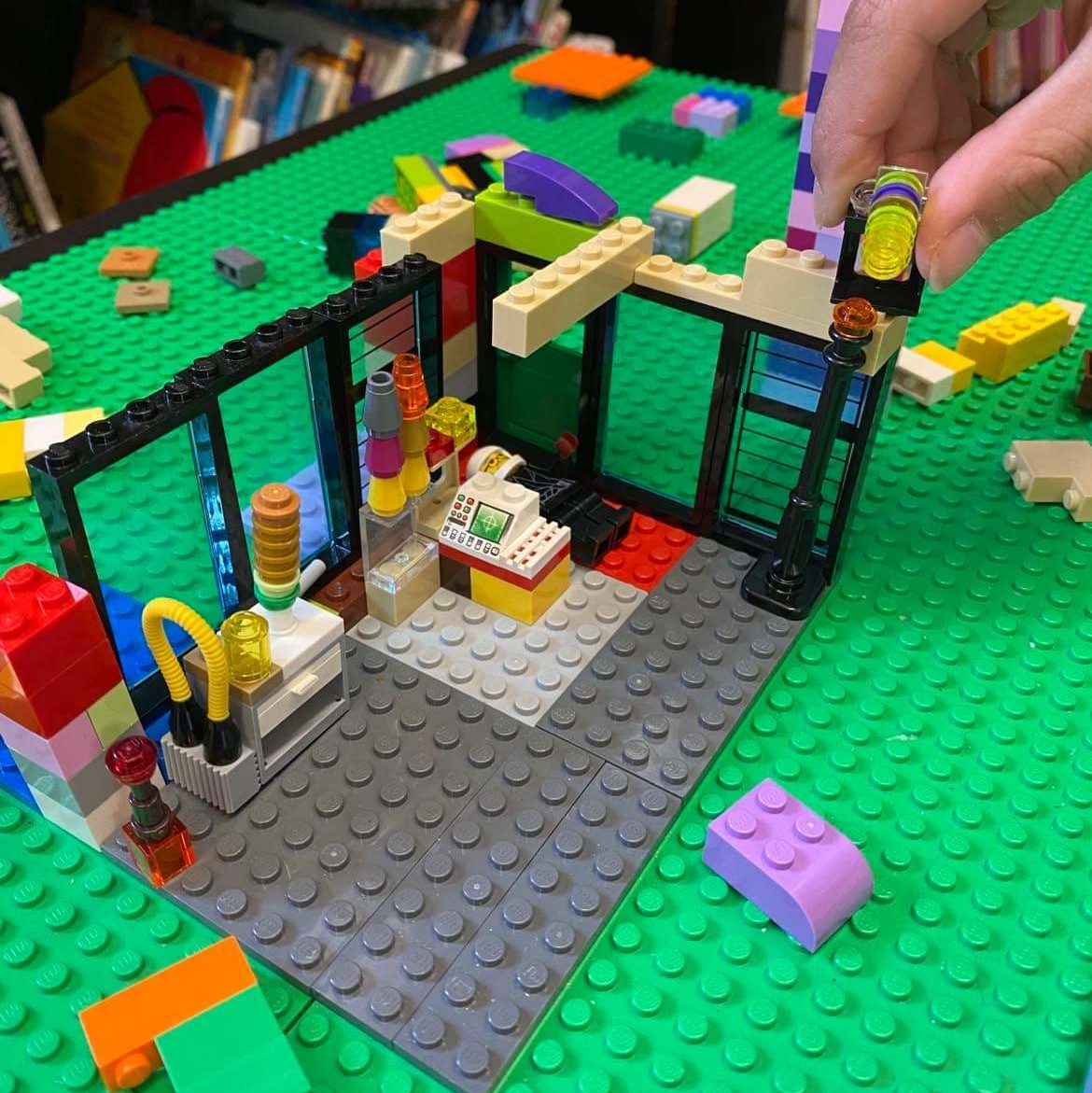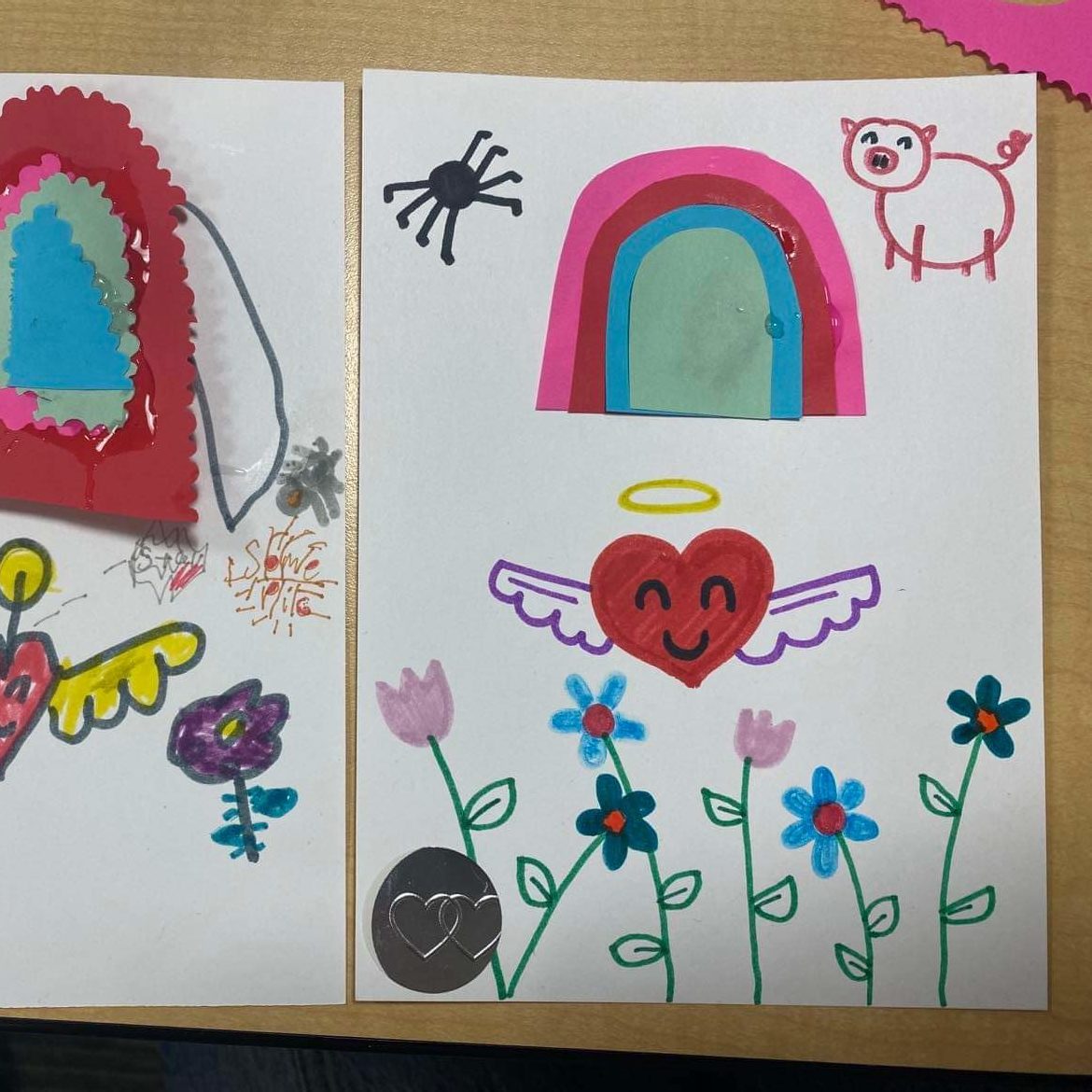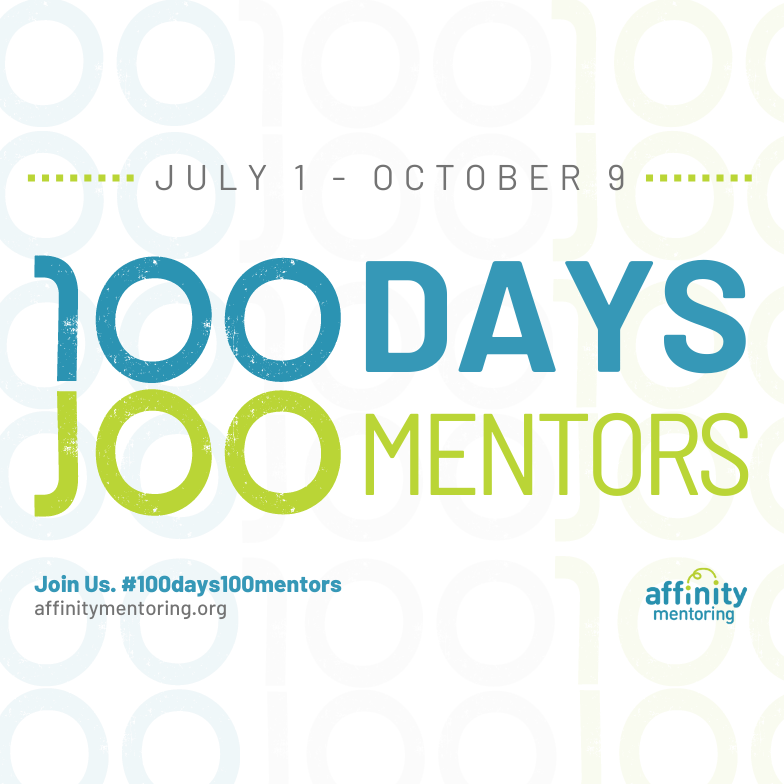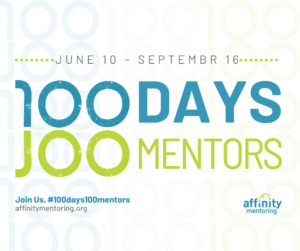Mentee Henry, mentor Jordan and I sat down to get to know each other a few weeks ago so I could learn more about each of them. I had heard inspiring things about their mentoring relationship, now in its fifth year, and I was curious, what made it so successful?
First of all, Jordan is the lucky one. Henry is funny, smart, focused, driven and genuinely curious about experiencing new things, even things that might be outside his comfort zone. He wants to learn and he has dreams he’s well on his way toward achieving with his hyperfocus and self-propelled ambitions. He shared that his favorite car was a Maybach – did anyone else know that was a car when they were in fifth grade?? I learned of Henry’s discernment and logic when we talked about his favorite sports teams, which he selects because of the players, not necessarily because they play in his home state of Michigan. Hence why he’s chosen the Golden State Warriors and the Boston Red Sox as a few of his favorite teams.
He also knows what he likes and what he doesn’t. He’s not timid about stating the things he enjoys, and why or who he wants to be when he grows up–an athlete in either basketball (“depending on how tall he gets”) or baseball, or perhaps boxing. He started pursuing boxing a while ago and goes a few times a week, on his own initiative, to learn techniques and also get stronger.
Affinity mentor Jordan is a fantastic example of what an effective, caring and engaged mentor looks like: he expresses care and successfully treads the fine-line of challenging growth; he provides support and shares his power–he asks Henry how he’d like to respond to certain situations that directly pertain to Henry.
From our short meeting, Jordan showcased how seriously he takes Henry’s goals and dreams in how he was able to recite every detail of their past interactions. He listens intently and tailors his approach with Henry based on what Henry says he needs. There was also an energy behind Jordan’s support. He gave Henry the opportunity to lead and express what he feels like doing during their time together, while also keeping Henry’s academic success within view. He diligently worked alongside Henry on an English (not Henry’s favorite) assignment to not only ensure Henry got the best grade, but that he understood how he got the grade.
We could all use a Henry in our lives, but most importantly, youth like Henry deserve a mentor like Jordan in their lives. Students need five to seven caring adults outside their families to affirm and invest in them, leading to positive and life-altering results that set the course of their lives.
Please, join us! There are so many ways to invest in these young lives. Reach out at any time and we will find a place that best fits your skills and potential.

